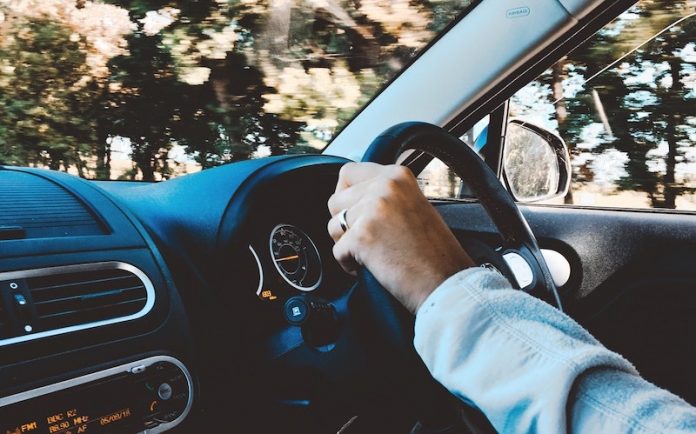
People with sleep apnea wake up tired in the morning, no matter how many hours they actually sleep.
The condition causes them to briefly stop and restart breathing dozens or even hundreds of times a night.
Even though such breathing interruptions often don’t awaken those with apnea, they prevent them from sinking into deep, refreshing sleep.
Scientists from Washington University in St. Louis found a number on how dangerous such chronic tiredness can be, at least in regard to driving.
For every eight additional breathing interruptions per hour, they found the odds of making a dangerous driving move such as speeding, braking hard or accelerating suddenly increase by 27%.
The findings suggest that screening older adults for sleep apnea and for treatment, if needed, may help older people continue driving safely for longer.
The research is published in Sleep and was conducted by Brendan Lucey et al.
In the study, the team examined the link between sleep apnea and risky driving behaviors.
They monitored the driving and sleep habits of 96 older adults under real-world conditions.
They used a commercially available take-home test to identify people with sleep apnea and measure its severity. Less than five breathing interruptions per hour is considered normal, five to 15 is mild sleep apnea, 15 to 30 is moderate, and greater than 30 is severe.
The team found that the frequency with which drivers made dangerous moves behind the wheel rose in parallel with the frequency with which their sleep was interrupted at night, regardless of whether their brains bore the marks of early Alzheimer’s.
The study helps untangle the ways aging-associated risk factors such as poor sleep and Alzheimer’s disease put older adults in danger while driving, and could aid efforts to find ways to maximize years of safe driving.
The team says driving always carries the risk of crashing, and older adults are at risk of more severe injury than younger adults if they experience a crash.
When older people stop driving, they lose a lot of their independence and mobility, which is often associated with negative health and social outcomes.
The current study helps understand what puts them at a higher risk so scientists can intervene and help them stay behind the wheel, safely, for as long as possible.
Sign up for our newsletter for more information about this topic.
If you care about sleep, please read studies about herb that could help you sleep well at night, and drugs that could lower severity of sleep apnea by one third.
For more information about sleep, please see recent studies that coffee boosts your physical activity, cuts sleep, affects heartbeat, and results showing how to deal with “COVID-somnia” and sleep well at night.
Copyright © 2022 Knowridge Science Report. All rights reserved.



